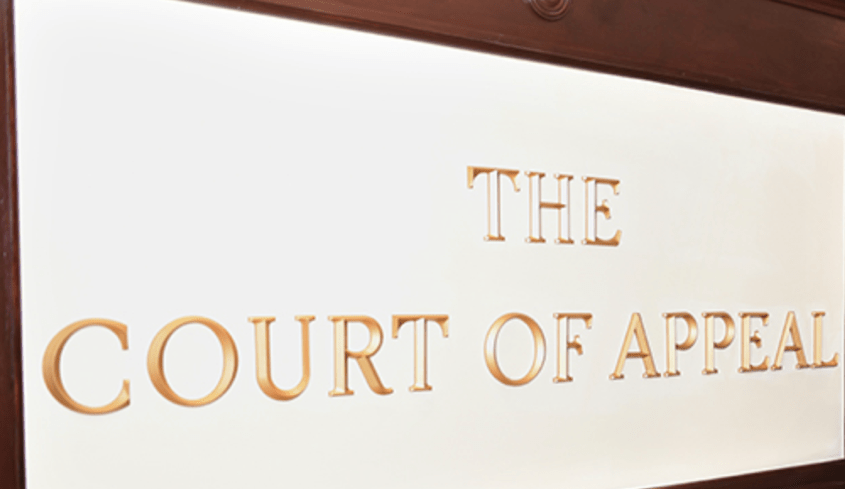NASSAU, BAHAMAS — The Attorney for Stephen “Die” Stubbs said yesterday that a new 30-year sentence should be reduced to 15 years to account for two constitutional breaches.
The Court of Appeal yesterday asked Stubbs’ attorney Wayne Munroe, QC, and Vernal Collie, who was appearing for the Crown, to supply written submissions on two cases by Friday as they consider the appropriate sentence Stubbs should receive for his conviction of the 1999 murder of police Constable Jimmy Ambrose.
Munroe, who argued on Stubbs’ behalf at his resentencing, said in the Court of Appeal yesterday that a new 30-year sentence should be imposed, which the court could reduce to half taking into account two breaches of Stubbs’ constitutional rights — namely having not been tried within a reasonable time, in breach of article 20(1) of the Constitution, as well as having been wrongly sentenced to the mandatory death penalty under the then mandatory death penalty regime after his first trial.
The Privy Council, this nation’s final appeal court, had directed the Court of Appeal to give “appropriate weight” to these breaches of Stubbs’ constitutional rights when considering a new sentence.
The Court of Appeal had sentenced Stubbs and Andrew “Yogi” Davis, who died in prison last year, to 45 years’ imprisonment each, reducing that sentence to 35 and 34 years respectively from the date of its judgement in light of time served.
The Privy Council ruled that the Court of Appeal was wrong not to backdate its 45-year sentence to 2013, which was the date of conviction at a third trial.
At the first trial in 2002, Stubbs, Davis and Clinton Evans were convicted of murder of Ambrose and attempted murder of Marcian Scott and sentenced to death, but their convictions were overturned on appeal in March 2004.
A second trial took place in 2007, but was abandoned on the first day of the judge’s summing up after reports emerged concerning an approach to a juror.
The third trial, which took place in July 2013, resulted in all three defendants being convicted of murder and attempted murder. Evans had his murder conviction quashed in 2019 after the Court of Appeal questioned the identification evidence used to convict him.






